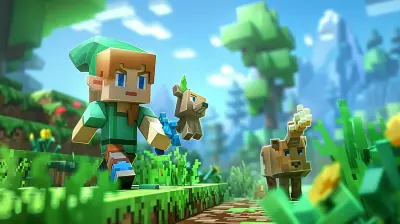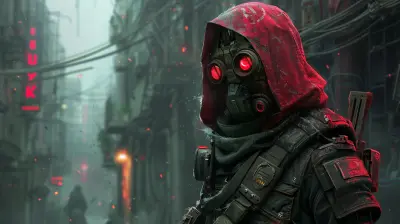The Psychology of Player Agency in Interactive Narratives
29 July 2025
When you boot up your favorite story-driven game, who’s really in control? You or the game? If you’ve ever felt like your choices really mattered—whether you saved a character from death or betrayed an old ally—then you’ve experienced what game devs and psychologists call “player agency.”
But hang on, what even is player agency? And why does it hit us so hard, especially in interactive narratives where we’re making choices that twist and turn the story like a winding river?
Let’s dig deep into the psychology of player agency in interactive narratives, why it works, when it doesn’t, and how developers use it to keep us glued to our screens.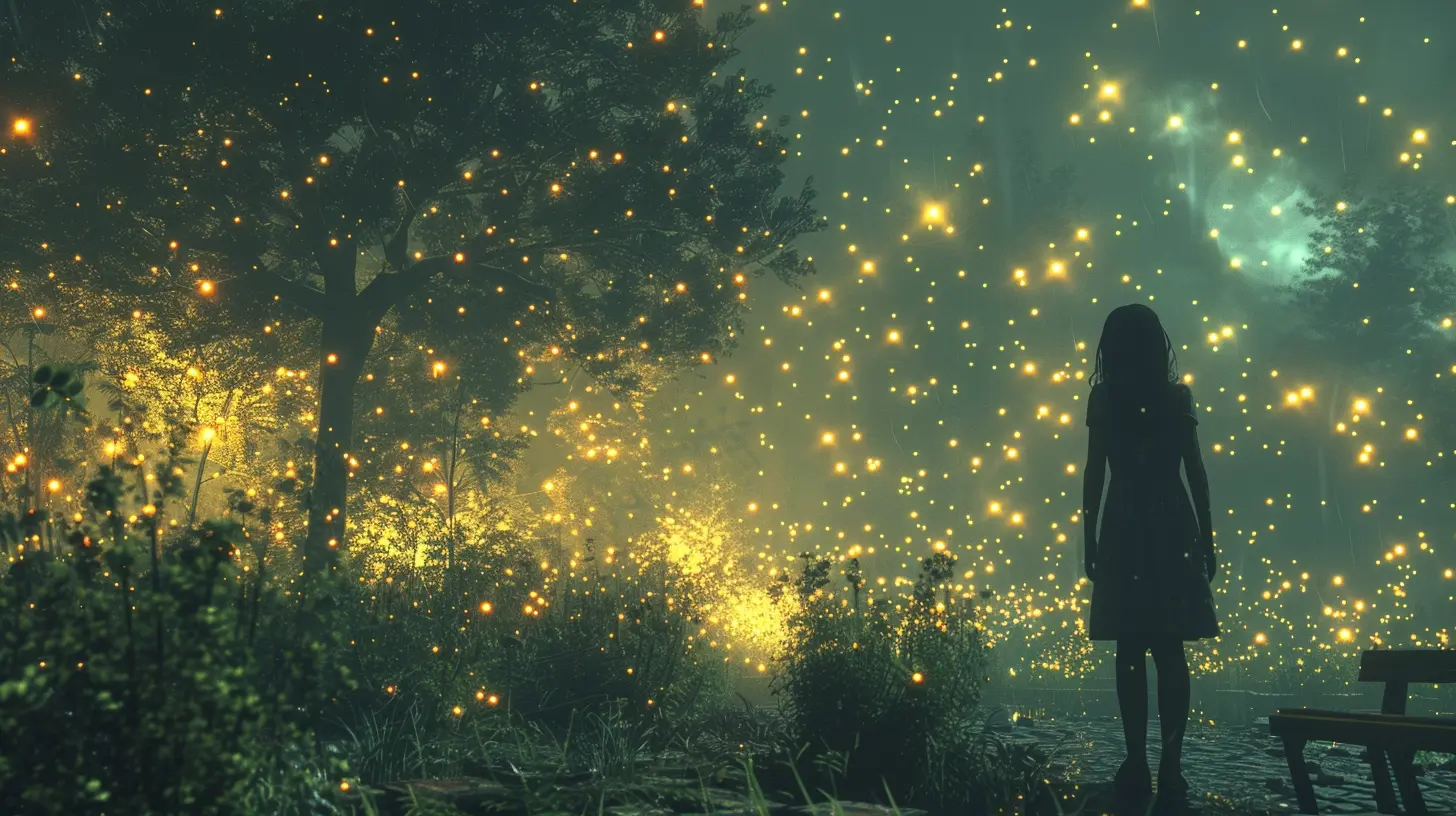
What is Player Agency?
Player agency is the feeling that you, the player, are making significant choices that influence the game world or narrative. Think of it as the psychological power to shape outcomes. When you pick a dialogue option, choose one path over another, or decide who lives and who dies—it all feeds into player agency.It’s not just about pressing buttons. It’s about feeling like your decisions matter. Like your thumb is on the scale of destiny, even if only in a fictional world.
And here’s the thing—it’s not always real. Sometimes games simulate agency with cleverly designed illusions. But your brain often buys into it anyway.
Why Player Agency Feels So Damn Good
So, why does agency feel so powerful? Well, it all boils down to a basic human need: control.We crave control in our lives. When we play games that offer meaningful choices, it gives us a taste of that control in a safe, fictional space. It’s like getting behind the wheel of your own narrative car—you’re not just riding shotgun.
Psychologically, this taps into something called the "self-determination theory." Fancy term, but in plain English, it’s the idea that humans are more motivated and engaged when they feel autonomous. In games, agency equals autonomy. You’re making decisions, not just following orders.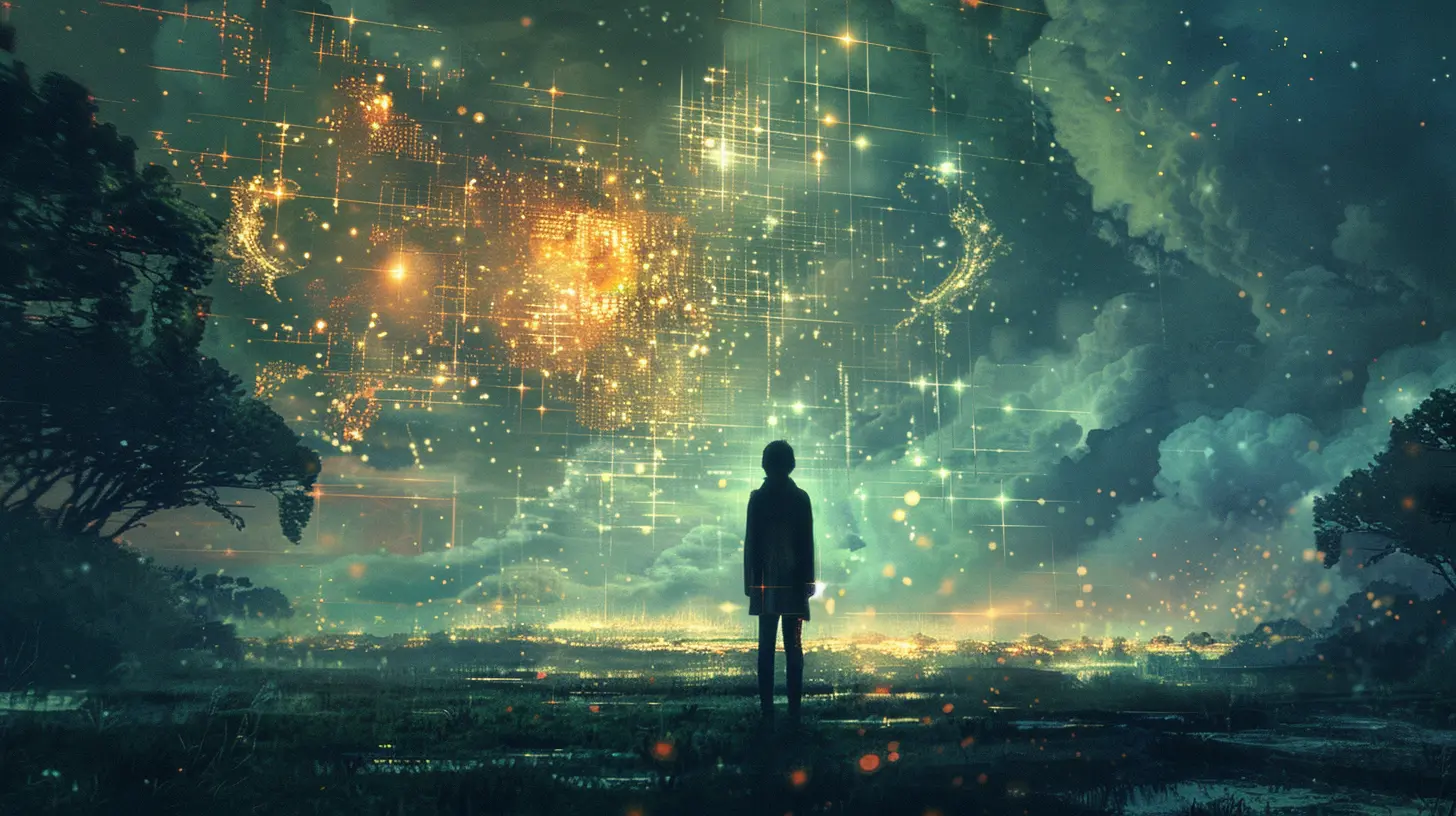
Interactive Narratives: A Playground for Agency
Games like The Witcher 3, Detroit: Become Human, or Life is Strange are masters of letting you steer the story. These aren’t just games—they’re “choose your own adventure” books on steroids.Here’s where things get juicy: interactive narratives don’t just offer choices for the sake of it. They build stories around your choices. That creates emotional investment. When things go wrong, you blame yourself (or pat yourself on the back when they go right).
It transforms storytelling from passive consumption to active participation. You're no longer just watching a movie. You're writing it as it plays out.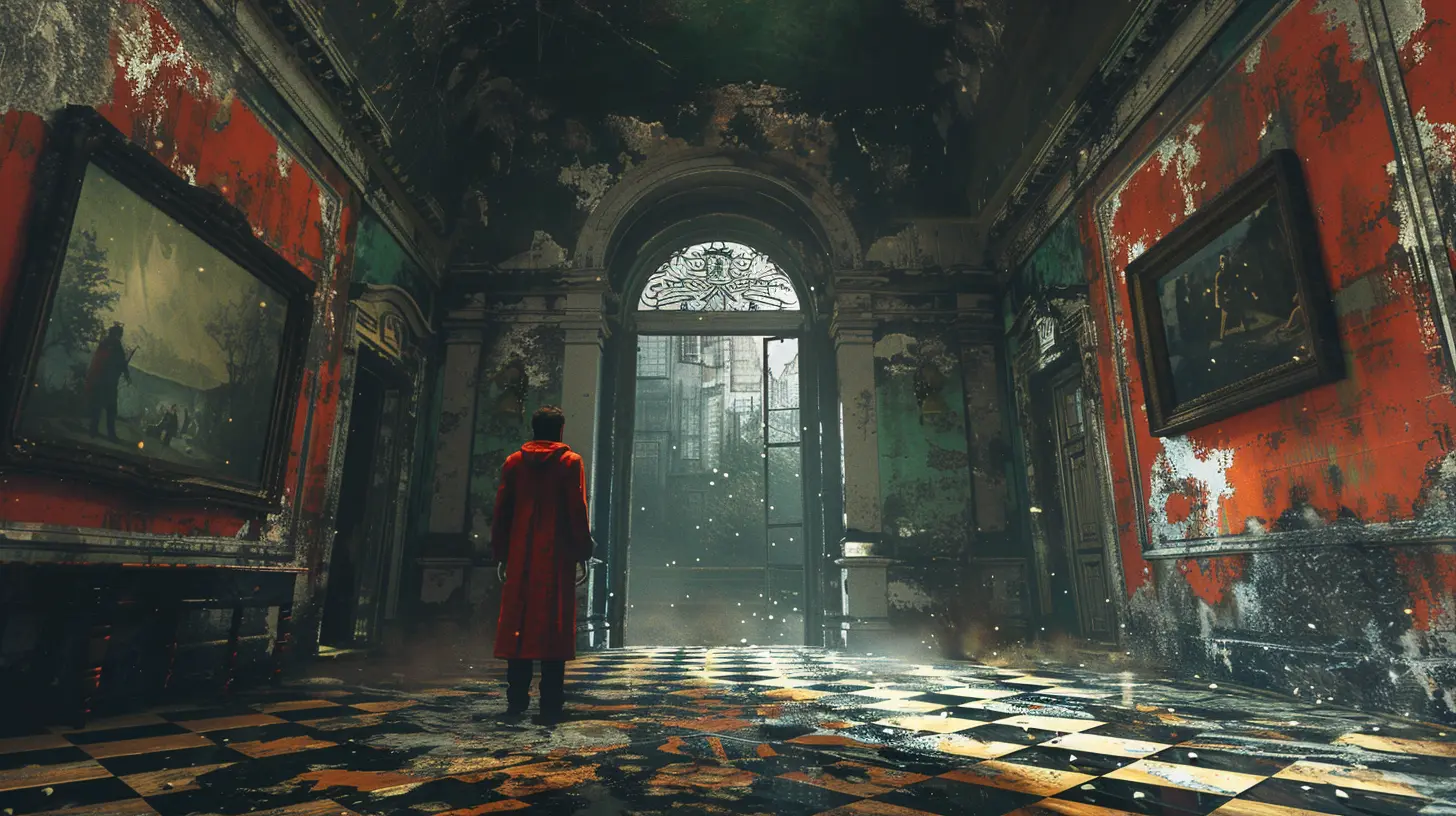
Illusion of Choice: The Smoke and Mirrors of Game Design
Not every choice is truly meaningful. Sometimes, that dialogue option that seemed like a game-changer leads to the same outcome, no matter what you pick.This is what devs call the “illusion of choice.” And surprisingly, it still works. Why? Because your brain fills in the blanks. Even small choices—like picking a reply tone—can make you feel heard and in control.
Take Mass Effect, for example. Sure, a lot of paths converge in the same place. But along the way, you’re crafting your own Commander Shepard, deciding how they react, who they romance, and what they value.
Even if the ending doesn’t diverge a ton, the journey still feels uniquely yours.
When Agency Breaks: The Frustration of Railroading
We’ve all been there—you make a choice, and the game just ignores it. That’s called “railroading,” and it breaks immersion faster than a glitchy boss fight.Here's why it sucks: it pulls back the curtain and reveals the wizard. Suddenly, you realize your choices don’t matter. You thought you were the driver, but it turns out you were on autopilot the whole time.
Games that overpromise and underdeliver on agency often face backlash. Remember the controversy over Telltale's "The Walking Dead"? Players were sold on the idea that “your choices matter.” But many discovered that most decisions lead to nearly identical outcomes.
That disconnect sets up false expectations, which hurts trust and satisfaction.
The Role of Consequences in Player Agency
Here’s the deal—agency without consequences is basically just button mashing. The real magic happens when your decisions actually lead to different outcomes.Whether it’s a character dying, a city burning, or a relationship breaking down, consequences are the lifeblood of meaningful agency. They make you pause. Reflect. Regret. Or maybe feel proud of your gutsy call.
This emotional weight is what separates great interactive narratives from forgettable ones. You remember the decisions that left a mark.
Take Fallout: New Vegas. Your choices directly influence entire factions, shifting power dynamics, and ending states. That’s real agency, not just cosmetic fluff.
Emotions, Empathy, and Ownership
Agency also ramps up emotional buy-in. When you make a decision yourself—even if the outcome is sad or tragic—you feel more connected to it.Why? It's rooted in empathy and ownership. You chose to let that character go. You decided to wage war instead of peace. The story isn't happening to you—it's happening because of you.
This creates a unique kind of storytelling. One where the emotional punches hit harder because your fingerprints are all over them. It’s like watching your own drama unfold instead of someone else’s.
Player Identity and Role-Playing
One often-overlooked aspect? Games let players shape who they are in the story.Are you the hero? A ruthless anti-hero? A morally gray wanderer who picks whichever side pays more?
By giving you narrative agency, games let you construct an identity. And that’s more powerful than you think—it lets you experiment with traits or moral codes you might never embrace in real life.
For some players, this is therapeutic. For others, it’s just fun. Either way, it’s a level of psychological engagement storytelling mediums like movies or books can’t quite match.
How Game Design Strengthens (or Weakens) Agency
Let’s not forget the role of design here. Developers wield a lot of power when it comes to how real agency feels in a game.🔹 Branching storylines: Games like Heavy Rain or Until Dawn offer deeply branching paths, with hundreds of potential outcomes. This amplifies the feeling of control.
🔹 Dialogue systems: The tone, content, and timing of dialogue options can change how scenes play out—sometimes in subtle, powerful ways.
🔹 Moral ambiguity: Games that blur the lines between right and wrong (like The Witcher series) give players real ethical dilemmas, boosting emotional engagement.
On the flip side, false urgency, scripted outcomes, or limited choices can deflate the sense of agency quickly.
Multiplayer Games and Shared Agency
What about multiplayer games? Can you feel agency when you're not the only driver?Absolutely. In games like Baldur’s Gate 3 or any shared-world RPG, choice isn’t just personal—it’s collective. Group decisions shape storylines, and that shared agency creates unique social dynamics.
You might negotiate, argue, or even manipulate your friends. That back-and-forth adds a rich layer to narrative design, emphasizing cooperation (or competition) in shaping the story.
It’s like co-writing a novel with four chaotic authors. Messy? Sometimes. But unforgettable? Always.
Agency and Replayability: Why We Go Back
One of the coolest things about true player agency? It makes games replayable.When a game offers radically different pathways, outcomes, and character arcs, many players feel tempted to dive back in. It’s not just about finishing every side quest—it’s about seeing what could’ve been.
Games like Detroit: Become Human or The Stanley Parable thrive on this. You play once, then go back to poke around, change choices, and unlock secrets you missed.
It’s like playing with a narrative Rubik’s Cube—twist it differently each time, and you get a new picture.
The Future of Player Agency in Gaming
Tech is evolving, and with it comes smarter, more dynamic narratives. AI-driven characters, procedural storytelling, and expanded memory systems (where games remember your choices across titles) are pushing agency to new heights.Studio ambition is also growing. Developers are now crafting "living worlds" that react to a player's history over time. Imagine choices from one game influencing sequels or even completely different franchises.
Massive stuff, right?
The future of agency isn’t just about more choices. It’s about deeper ones. Ones that feel personal. Ones that ripple through worlds.
Final Thoughts
Player agency is more than a buzzword. It’s the heart of what makes interactive narratives so compelling. When games give us control, not just over mechanics but over meaning, they connect with us on a human level.They don’t just tell stories—they let us live them.
And yeah, not every game nails it. Some overpromise. Others just simulate the idea. But when it works? It’s magic. You feel like an author, a player, a character, and a god—all rolled into one.
So next time you make a choice in a game, even a small one, remember: you're not just playing. You're shaping a story—your story.
all images in this post were generated using AI tools
Category:
Interactive StorytellingAuthor:

Kaitlyn Pace
Discussion
rate this article
1 comments
Kiera Lamb
This article compellingly explores how player agency shapes emotional investment and narrative outcomes. However, it could further examine the balance between player choice and authorial intent in storytelling.
August 13, 2025 at 3:56 PM

Kaitlyn Pace
Thank you for your insightful comment! I appreciate your suggestion and will consider exploring the balance between player choice and authorial intent in future work.

